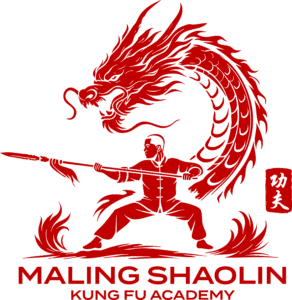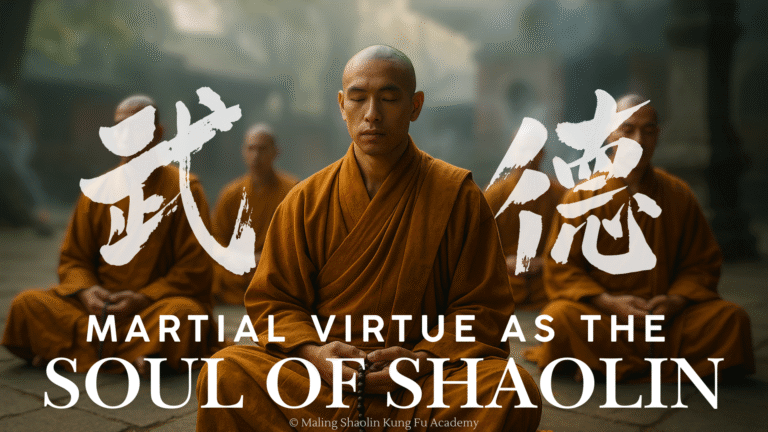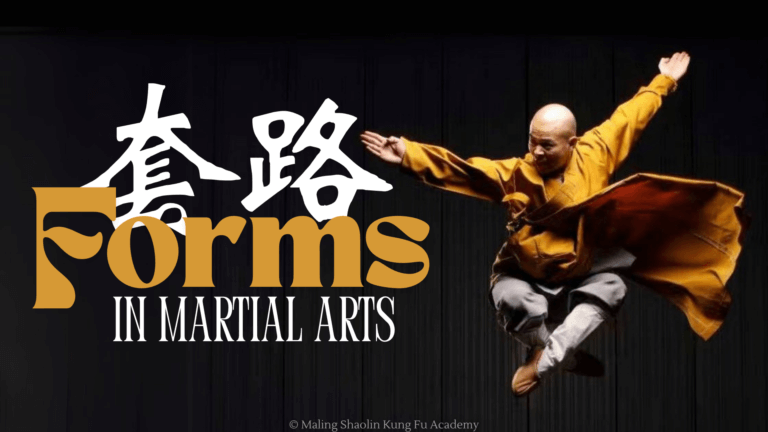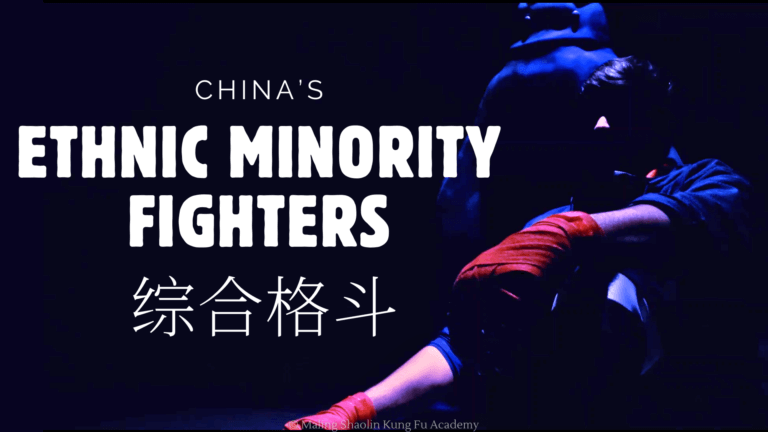7 Fascinating Stories Behind the Mid-Autumn Festival

The Mid-Autumn Festival is filled with mooncakes and legends—but behind its glowing lanterns lie centuries of stories about love, rebellion, poetry, and immortality. From the moon goddess Chang’e to the Jade Rabbit pounding herbs for the elixir of life, here are seven fascinating tales that reveal the cultural heart of this beloved festival.











